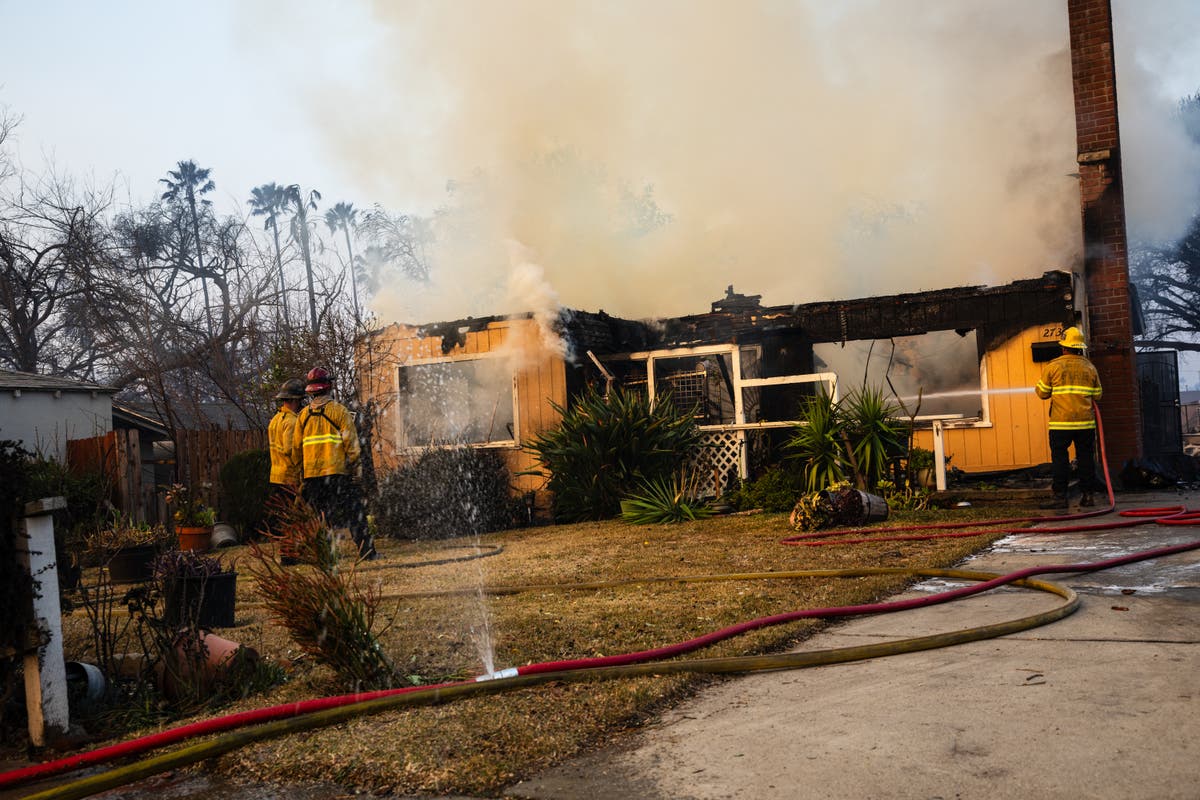Central Coast mother Jennie Ross-King and former Australian Federal Police commissioner Mick Palmer have every reason to detest drug-taking.
Ms Ross-King lost her 19-year-old daughter, Alex, to a drug overdose at a music festival in 2019, and Mr Palmer saw the dark side of the illegal trade over decades.
But they are backing a plan critics claim will see Australia’s biggest state go ‘soft on crime‘ by allowing people to carry small amounts of illicit drugs for personal use.
The new plan will give people ‘three strikes’ with police if they are caught carrying a small amount of drugs.
The seemingly sensible proposal has divided the New South Wales Cabinet and commentators.
But Ms Ross-King and Mr Palmer argue it’s worth a try because what governments and law enforcement have done for decades simply hasn’t worked.
It hasn’t, and won’t, stop people taking drugs.
Alex Ross-King, 19, died of an overdose at the FOMO music festival in Parramatta in January 2019. Her mother Jennie believes she wouldn’t have overdosed if police warned first time offenders – an approach the NSW Government is considering
Jennie Ross-King (together, with her daughter above), says the current approach to drugs just doesn’t work and has urged politicians to listen to the experts – including the coroner who made 27 recommendations and the special ice inquiry that made 109
Under the new proposal, brought to state cabinet by state Attorney-General Mark Speakman, people found to possess a small amount of drugs would get a warning the first time they are caught.
If they are caught a second or third time over the following 12 months, they’d face a stiffer penalty – a fine.
It’s only if a drug user was busted a fourth time that they could be hit with a criminal penalty – a date in court, possibly a conviction or even jail time.
Mr Speakman reportedly argued the plan will clear up a clogged court system which as of October is straining under a backlog of 78,000 cases.
However, his colleagues are furiously divided over the proposal, which follows a recommendation by a special inquiry into the scourge of the drug ice.
Premier Gladys Berejiklian has vehemently denied the government is ‘decriminalising’ drugs (even if it does decriminalise it in some minor instances.)
Deputy Premier John Barilaro told 2GB’s Ben Fordham that he will fight the plan. ‘I can promise you this: we’re not going soft on crime,’ Mr Barilaro said.
And Police Minister David Elliott is reportedly ‘heartbroken’ over the plan, telling colleagues: ‘Setting aside the fact I am a father, it’s bad policy’.
But Ms-Ross-King and Mr Palmer disagree. The small business owner says her daughter may not have overdosed if she knew the only penalty she faced was a warning.
Meanwhile, the lifelong cop applauds the government for its ‘courage’ to consider new things.
‘If you always do what you’ve always done, then you always get what you’ve always got,’ Mr Palmer told Daily Mail Australia.
‘She didn’t know what was happening’: The victim’s mother’s view
Alex ‘didn’t know what was happening to her’ when she overdosed because of the taboo around drugs and drug education
Alex Ross-King died in January 2019 after taking three doses of MDMA at the FOMO music festival in Parramatta.
A coronial inquest into the deaths of Alex and five other young people at festivals heard she had ‘double dropped’ before entering the festival grounds, as she was worried police would catch her with drugs.
That inquest eventually recommended the government decriminalise personal drug use, scrap sniffer dogs and test pills at festivals.
Alex’s mother, Jennie, has been vocal about changing the law since.
‘I do think this is a step forward,’ she said. ‘And I say that, but in the same breath I am not a drug advocate in that I think people should take drugs.
‘That’s not what I feel. What I am is a realist who knows people do take drugs, and a lot of the time it’s our young people.’
She said the government’s plan could break down the ‘taboo’ around people talking about drugs.
‘One of the things in what happened with Alex, my daughter, is she didn’t know what was happening to her.
‘Her friends didn’t know what was happening to her.
‘Had she known, that may have been all the difference in getting help and actually seeking help before it got to the point where it was too late.’
She believes her daughter was more scared of getting caught than of dying from an overdose.
‘One of the conversations she had with a friend before they went in was, (they said) ‘”I’ll take them in for you, don’t take it now.'”
‘Alex said: ‘No, no, no, we’re going to Bali next week.’
Ms Ross-King asked: ‘Had it been a warning (from police) if they got caught, would she have taken them or would she not have?
‘In my heart, I don’t think she would have.’
‘We’ve made no impact’: The police chief’s view
Mick Palmer was the commissioner of the Federal Police from 1994 to 2001 and has spent most of his life fighting crime.
He has previously described himself as ‘no bleeding heart’, loathes the drug trade and would love to rid the world of drugs whatsoever.
But ‘prohibition’ simply hasn’t worked, the retired officer said. ‘The reality is we’ve really made no impact on the drug trade.
‘We’ve made no impact on the user level or on the availability of drugs.
‘And as we would in any other business venture, we have to be prepared for other ways of doing business if we are in any way hopeful of making a positive difference.’
Former Australian Federal Police commissioner Mick Palmer, above, with Ms Ross-King, above, during a coronial inquest into the deaths of six young people at music festivals
Mr Palmer praised the new plan as a ‘small step in the right direction’ – albeit far from the ice inquiry’s call for complete decriminalisation of drugs in New South Wales.
‘We simply have to be prepared to be courageous, show a bit more courage and find new methods.’
The retired cop argued the cost of locking up and prosecuting drug users is enormous, chews up police time and is often counter-productive.
Police are seen as the ‘enemy’ by drug users and the law as it is turns their encounters into confrontations.
Police regularly bust drug importations (above, a 2019 haul of 700kg of MDMA) but Mr Palmer argues the criminalisation policy makes little difference on the availability of drugs
Users from broken homes are ‘just used to being punished (and) not being treated with respect … which just makes them more determined to continue their current habits.’
Meanwhile, users from good homes are made to feel ‘ashamed and embarrassed’, often lie to police or ‘dodge and weave’ and even scoff down drugs to avoid them.
‘All of those issues are counter-productive,’ Mr Palmer said.
‘And I’ve spoken to a lot of young police officers who share those views – many of them are the same age as the young people they arrest.’
Mr Palmer said the new plan would give police options to help people and make them seem less like the ‘enemy’.
‘Anything we can do to soften that image and create an image where police are there to help and support rather than punish is a good thing.’






